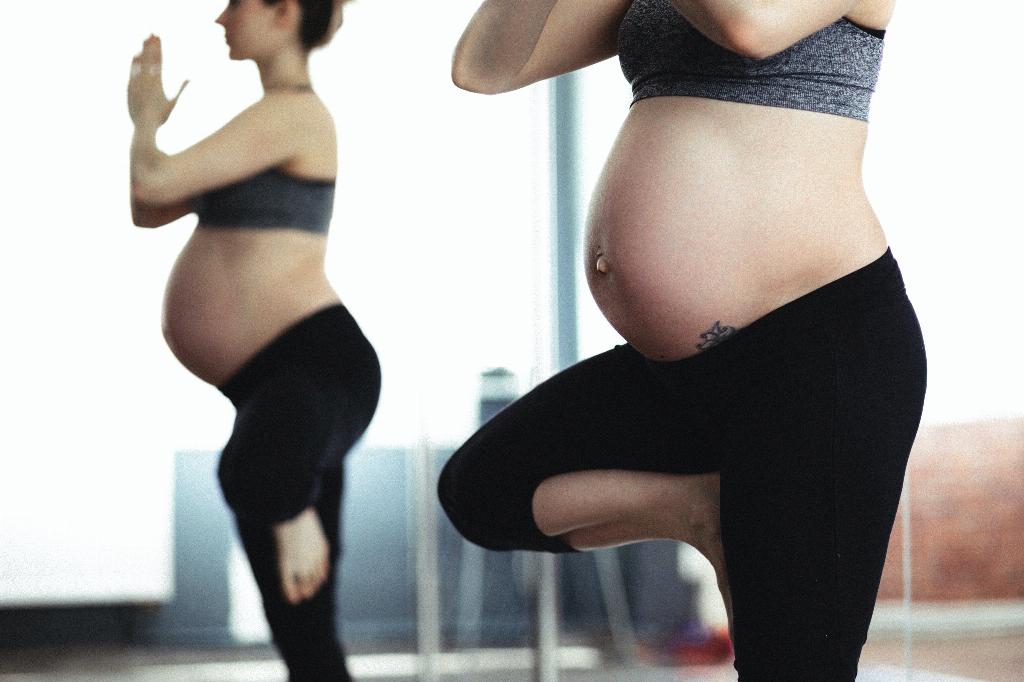When it comes to birth control and preventing pregnancy, there are various methods available to individuals, each with their own level of effectiveness. One commonly used form of birth control is the pill, also known as oral contraception. The pill contains hormones that work to prevent ovulation, making it difficult for sperm to fertilize an egg.
The Effectiveness of Birth Control
It is essential to understand that while birth control methods such as the pill are highly effective when used correctly, no form of contraception is 100% foolproof. However, when taken as directed, the pill is about 99% effective in preventing pregnancy. This means that for every 100 individuals using the pill, only one may become pregnant within a year.
Risk of Pregnancy with Semen Exposure
Now, moving on to the question at hand – does birth control prevent pregnancy if ejaculated inside (or “nutted in”)? The short answer is yes, if you are on the pill, you are still protected even if semen is ejaculated inside the vagina.
The Role of Pre-Ejaculate
It is worth noting that the chance of getting pregnant solely from pre-ejaculate is incredibly low. Pre-ejaculate, often referred to as pre-cum, typically does not contain sperm. However, in some cases, it may pick up sperm left behind in the urethra from a previous ejaculation, which could potentially lead to pregnancy.
Additional Measures for Optimal Protection
While the pill offers high levels of protection against pregnancy, combining it with other forms of contraception, such as condoms, can further reduce the risk of unwanted pregnancy and provide added protection against sexually transmitted infections (STIs).
Consistency is Key
For birth control methods like the pill to be most effective, it is vital to take them consistently and as instructed. Missing doses or taking the pill at irregular intervals can decrease its effectiveness in preventing pregnancy.
Importance of Communication
Communication with your partner about birth control and contraception is crucial in ensuring both parties are on the same page regarding sexual health and family planning. Open and honest discussions can help in making informed decisions and taking necessary precautions.
Considerations for Emergency Contraception
If a mishap occurs, such as a missed pill or unprotected sex, emergency contraception, commonly known as the morning-after pill, can be used to reduce the risk of pregnancy. It is essential to seek advice from a healthcare provider promptly in such situations.
The Importance of Personal Responsibility
Ultimately, the responsibility for contraception and pregnancy prevention falls on the individuals involved in sexual activities. Being educated about different birth control methods, understanding their effectiveness, and using them correctly are essential steps in avoiding unintended pregnancies.
Consulting a Healthcare Provider
For personalized advice on choosing the right birth control method for your needs and health considerations, consulting a healthcare provider or a gynecologist is recommended. They can provide tailored recommendations based on your medical history and lifestyle factors.
Conclusion
In conclusion, birth control, particularly the pill, is a reliable method for preventing pregnancy when used consistently and correctly. While the risk of pregnancy exists with exposure to semen, the effectiveness of the pill and additional contraceptive measures can significantly reduce this risk. By staying informed, communicating openly, and taking proactive steps, individuals can navigate their sexual health with confidence.

